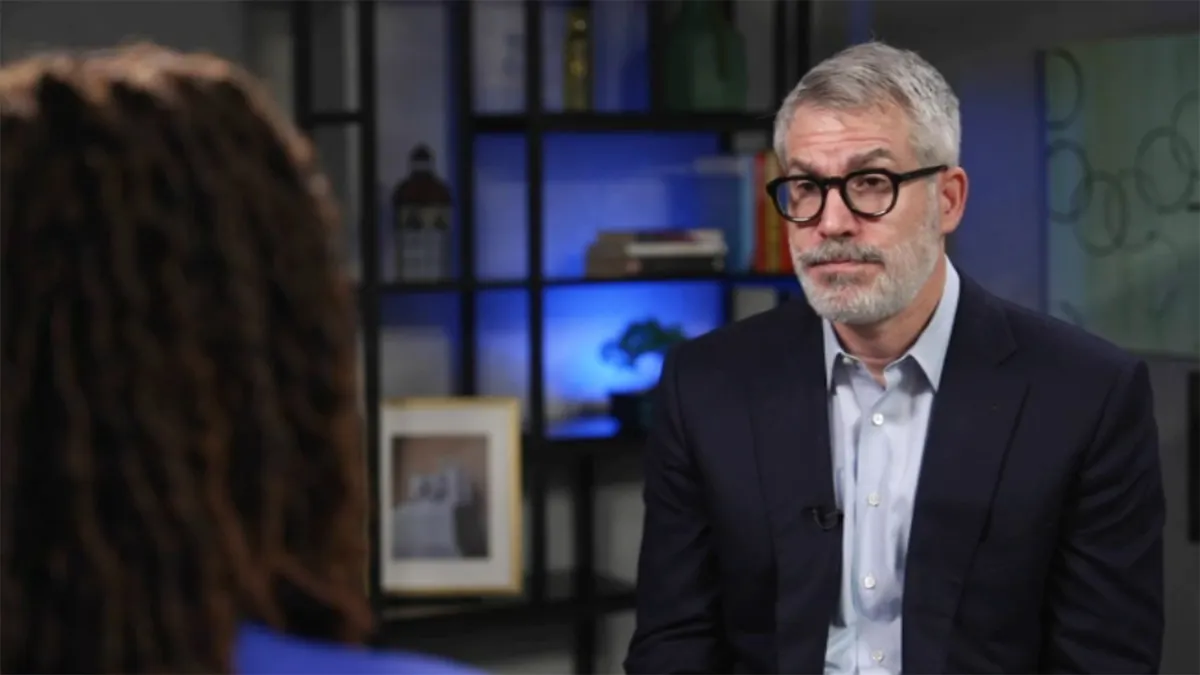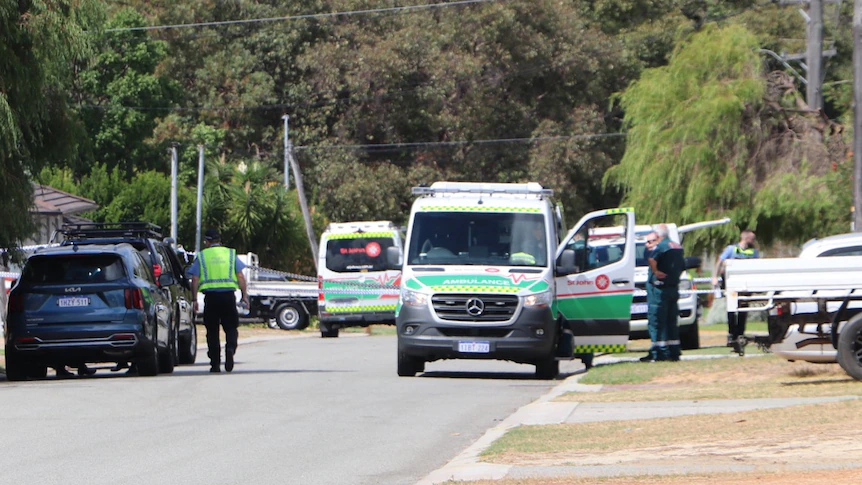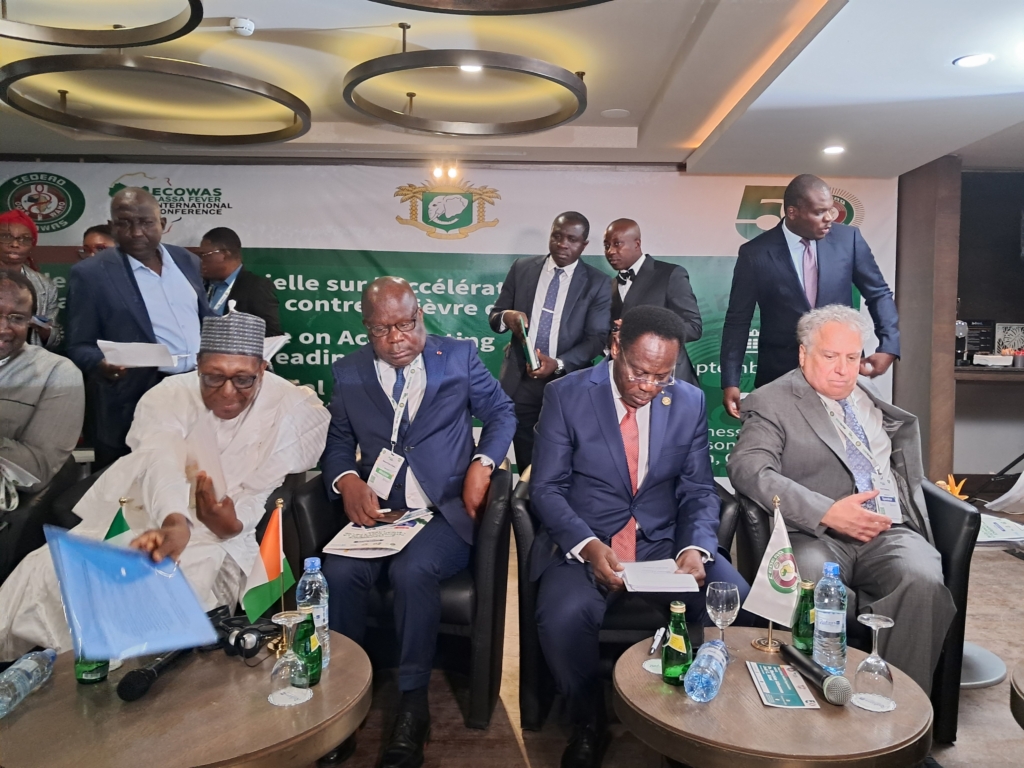By Katie Leslie,News4 I-Team producer and Steve Jones,News4 investigative reporter,Tracee Wilkins
Copyright nbcwashington

D.C. leaders have said President Donald Trump’s deployment of federal law enforcement across the District has had some impact on crime, but as the 30-day takeover expires, the News4 I-Team found questions about whether that progress is sustainable.
Thomas Abt, a national expert in crime reduction and the author of “Bleeding Out: The Devastating Consequences of Urban Violence and a Bold New Plan for Peace in the Streets,” tells the I-Team these types of law enforcement surges aren’t likely to have long-lasting impact on crime without long-term investments in communities.
“The research shows that federal or other surges like this or crackdowns may have a temporary effect, and you are seeing some temporary reductions in crime around D.C. But the problem is, is that those reductions are not sustainable,” Abt said. “At some point, the crackdown or surge has to end, and it has changed nothing on the ground. It hasn’t made local law enforcement any better or more effective, and it hasn’t addressed the underlying concerns … and they can have negative collateral consequences, especially in terms of community trust.”
Abt runs the University of Maryland’s Violence Reduction Center, a project that has analyzed thousands of studies on crime reduction strategies to pinpoint what works and what doesn’t. His group advises local leaders on developing the most effective plans for their cities.
Though he says he has not worked directly with the District, he is familiar with its crime trends – notably its spike in homicides and violent crime in 2023, despite those crime rates falling in many other American cities at the same time. He’s also watched those numbers drop in recent years, which is why he said he was surprised when Trump announced a crackdown in the District last month.
“My first thought was, why now? Crime is falling dramatically in Washington, D.C. right now. And it has been for about 18 months. So the timing, to me, was curious,” he said.
Abt wouldn’t speculate on motives but cited several reasons he believes D.C.’s crime has been falling, including the stabilization of courts and systems after the pandemic, the reaccreditation of D.C.’s crime lab, police targeting high-risk offenders and community-based violence reduction programs.
That’s why he took notice when, in April, the Trump administration slashed federal safety and justice grants valued at more than $800 million from the Department of Justice’s Office of Justice Programs.
According to the Council on Criminal Justice – where Abt is a senior fellow – those grants funded programs across the country for policing, juvenile justice, corrections initiatives and more.
“We don’t know for sure what that impact will be, but the evidence in favor of those programs was generally promising, and so we’re deeply concerned that it could have an impact on crime as we move forward,” Abt said, later adding: “What we’re seeing with this federal surge is a surge of resources only on one side of the table. Not on both sides, which would be much more effective.”
Asked what guidance he’d offer the Trump administration, Abt said the research is clear: “Be focused on the highest-risk people and places. Be balanced in terms of some punishments, some rewards … And, finally, be fair, meaning involve the people who are most impacted at the community level in the policymaking process.”
He continued: “What I would caution the president is that, right now, this federal surge of law enforcement is neither focused nor balanced nor fair as perceived by the residents of Washington, D.C.”
D.C. police data show that, since the surge began, the District has seen an 18% drop in reported violent crime compared to the same period a month earlier. Still, the same data indicates crime has been dropping all year.
Abt, meanwhile, is concerned some of the recent decline may be becauese immigrant communities are afraid to call the police.
“President Trump says he cares about controlling and fighting violent gangs like MS-13, 18th Street, and other ones, but this is precisely the type of thing that gives those gangs a greater control over those communities, because it closes them off and it makes it harder for them to trust the government and law enforcement,” he said.
The I-Team reached out to the White House for comment on Abt’s concerns and about the cancellation of millions of dollars in crime reduction grants. In a statement, a spokeswoman did not address specific questions but attacked what she called Abt’s political ideology – noting he has donated to Democratic politicians – and said he is not a credible expert.
“President Trump’s operation in Washington D.C. has been wildly successful with driving down violent crime and the president is invested in the long-term success of these efforts,” the statement read.
The spokesperson also noted D.C. Mayor Muriel Bowser signed an executive order requiring the District to cooperate with federal law enforcement moving forward.
“This sustained partnership between President Trump and D.C. will ensure violent crime continues to be addressed,” the statement continued.
A spokesperson for the District said its local crime reduction programs do not directly receive DOJ funding, but some of the nonprofits that do violence reduction work in the District were reportedly affected by the cuts.
Get the D.C. area’s top news and weather delivered to your inbox every morning. Sign up for First & 4Most, our free newsletter.



